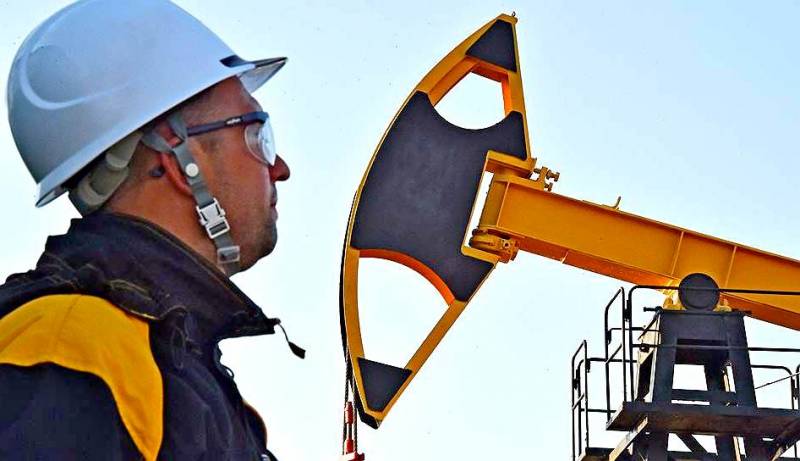The death of the OPEC + deal: what to expect Russia
In 2016, a significant agreement was reached in the Austrian capital on the world oil market: the OPEC cartel and a number of non-member countries agreed to reduce the production of this type of hydrocarbon by 1,8 barrels per day. The transaction was called OPEC + and was twice extended. Russia as a party to the agreement has reduced domestic oil production by 300 thousand tons.
Experts estimate that our country benefited the most from participation in OPEC +, producing less, it earned on average 117 million dollars more from oil sales per day. In second place was Saudi Arabia with 100 million excess profits per day. However, today and tomorrow in Vienna, meetings will be held with the participation of all 24 states included in the OPEC + deal. They will discuss the possibility of increasing oil production. The reason for this is the fear of a shortage in the black gold market. The head of Rosneft, Igor Sechin, spoke about the same opportunity earlier:
Moscow has proposed increasing production quotas by 1,5 million barrels per day. Riyadh offers “only” 600-800 additional barrels, distributing them among the parties to the agreement in proportion. It is possible that the issue may hang because several countries are strongly opposed to increased production. Among them are Iran, Venezuela and Iraq, and they have a veto. The main reason for their position is that they are not able to quickly increase their domestic production to the proper level.
Caracas would be happy for oil shortages, but its heavy oil production is falling for a number of reasons, including due to the low cost of production. Tehran is also opposed, as the increase in quotas pours water on the Washington mill with its shale oil. The United States clearly intends to impose sanctions on Iran and replace its market share with its hydrocarbons. Against and Baghdad, offering to take a break to review the deal for three months.
Some experts believe that a compromise proposal by Saudi Arabia will be accepted. Others that the decision will be deferred. Russia is in an almost win-win situation. If the production volume is maintained, then oilmen working in the country will be in plus. If quotas are increased, then additional volumes will be received by Russian companies producing oil in Iraq and a number of other countries.
As for the real deficit, it is possible as a result of a new war. Given that the United States can close the deficit through its shale oil, the likelihood of a military conflict in the Middle East is growing.
Experts estimate that our country benefited the most from participation in OPEC +, producing less, it earned on average 117 million dollars more from oil sales per day. In second place was Saudi Arabia with 100 million excess profits per day. However, today and tomorrow in Vienna, meetings will be held with the participation of all 24 states included in the OPEC + deal. They will discuss the possibility of increasing oil production. The reason for this is the fear of a shortage in the black gold market. The head of Rosneft, Igor Sechin, spoke about the same opportunity earlier:
A structural oil shortage awaits us - after all, the growing demand for oil is superimposed on a drop in production at depleted fields
Moscow has proposed increasing production quotas by 1,5 million barrels per day. Riyadh offers “only” 600-800 additional barrels, distributing them among the parties to the agreement in proportion. It is possible that the issue may hang because several countries are strongly opposed to increased production. Among them are Iran, Venezuela and Iraq, and they have a veto. The main reason for their position is that they are not able to quickly increase their domestic production to the proper level.
Caracas would be happy for oil shortages, but its heavy oil production is falling for a number of reasons, including due to the low cost of production. Tehran is also opposed, as the increase in quotas pours water on the Washington mill with its shale oil. The United States clearly intends to impose sanctions on Iran and replace its market share with its hydrocarbons. Against and Baghdad, offering to take a break to review the deal for three months.
Some experts believe that a compromise proposal by Saudi Arabia will be accepted. Others that the decision will be deferred. Russia is in an almost win-win situation. If the production volume is maintained, then oilmen working in the country will be in plus. If quotas are increased, then additional volumes will be received by Russian companies producing oil in Iraq and a number of other countries.
As for the real deficit, it is possible as a result of a new war. Given that the United States can close the deficit through its shale oil, the likelihood of a military conflict in the Middle East is growing.

Information